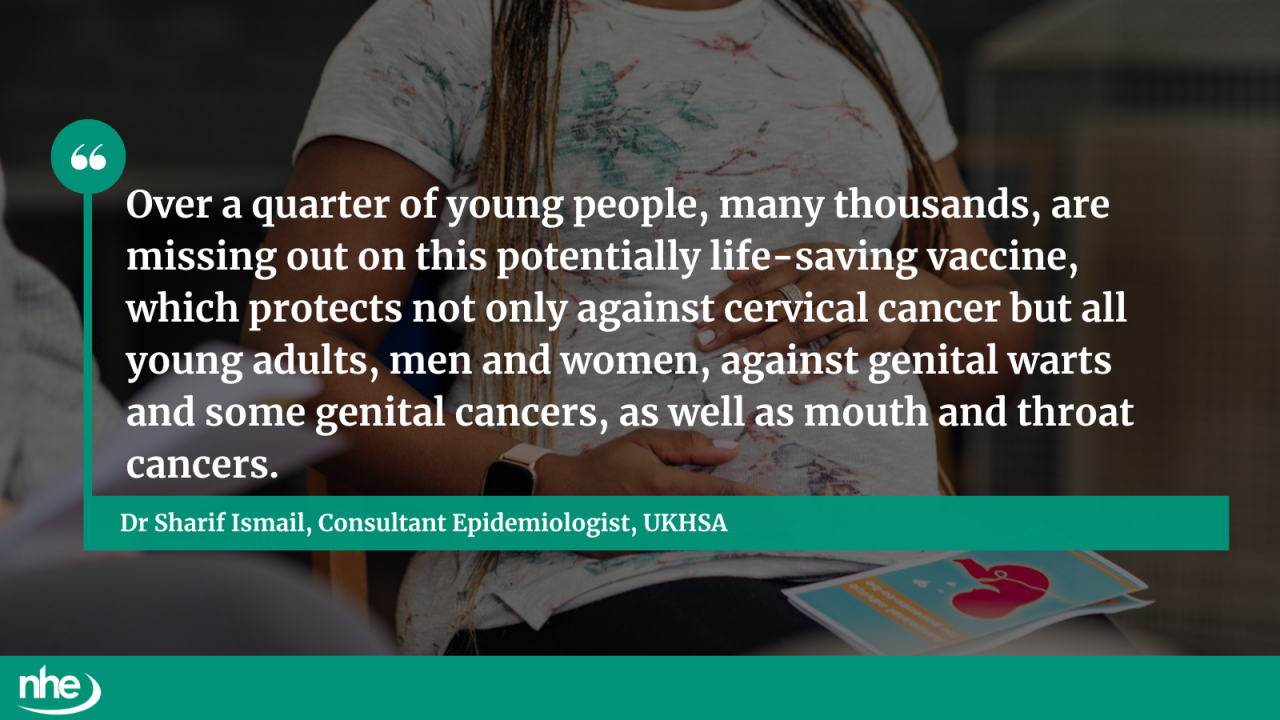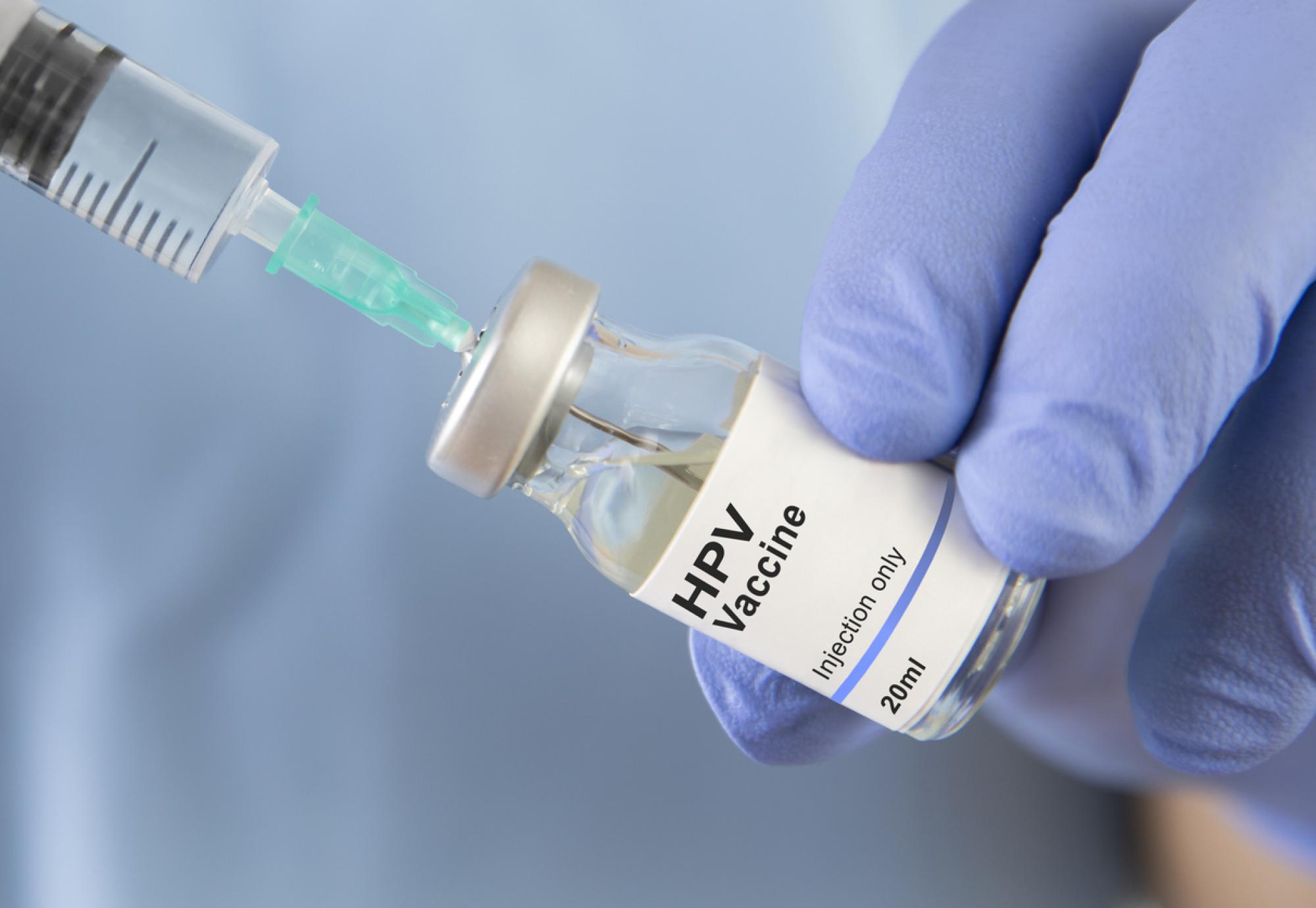The UK Health Security Agency has issued a stark warning: significant regional disparities in HPV vaccine uptake among adolescents in England are putting young people — especially girls — at increased risk of cervical and other HPV-related cancers.
The latest 2023–2024 HPV coverage data reveals that while some areas are achieving high vaccination rates, others are falling dangerously behind. In Lambeth, for example, only 38.7% of Year 10 girls and 28.2% of boys received the vaccine, compared to 97.6% of girls in Northumberland and 92.2% of boys in West Berkshire.
Regional inequalities in protection include:
- Lowest female HPV coverage: London (64.9%)
- Highest female HPV coverage: South East (82.7%)
- Lowest male HPV coverage: London (58.9%)
- Highest male HPV coverage: South East (77.3%)
These disparities are particularly concerning given that cervical cancer rates are 65% higher in England’s most deprived areas compared to the least deprived, according to Cancer Research UK.
Consultant Epidemiologist at UKHSA, Dr Sharif Ismail, commented:
“The HPV vaccine, now just a single dose offered in schools, is one of the most powerful tools we have for cancer prevention. Every vaccination represents a young person with better protection against the devastating impact of HPV-related cancers and we must do more to ensure that no teenage girl or boy, young woman or man is denied that protection no matter where they live.
“Although we have seen some increase in the number of young people being vaccinated, uptake is still well below pre-Covid pandemic levels. Over a quarter of young people, many thousands, are missing out on this potentially life-saving vaccine, which protects not only against cervical cancer but all young adults, men and women, against genital warts and some genital cancers, as well as mouth and throat cancers.
“We’re calling on all parents to return their children’s HPV vaccination consent forms promptly. This simple action could protect your child from developing cancer in the future. For young adults up to age 25, who missed their school vaccinations, please speak to your GP about catch-up options. It’s never too late to get protected.
“And it’s important to stress that even if you’ve had the HPV vaccine, it’s vital you still attend your cervical screening appointments when invited. Both vaccination and screening together give you your best chance of protection against cervical cancer.”

Research shows that receiving the HPV vaccine before age 16 provides the strongest immune response. However, catch-up vaccinations remain highly effective. Anyone who missed their school vaccination can still receive a free single-dose HPV jab through their GP until their 25th birthday — including boys born after 1 September 2006.
The vaccine also protects against other HPV-related conditions, including genital warts, head and neck cancers, and genital cancers in boys.
While the HPV vaccine offers excellent protection, cervical screening remains essential. Screening can detect abnormal cells before they become cancerous, enabling early treatment and prevention.
Image credit: iStock



















